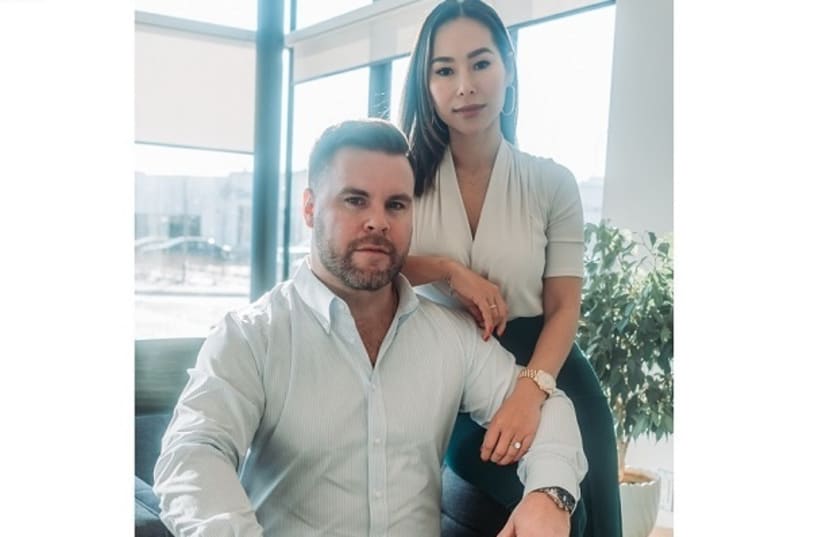Every dentist and doctor knows that getting that first practice off the tarmac takes a lot of risk. The numbers can easily reach $500,000 or more just to build out a facility. Of course, there are things that can be done to keep their startup costs lower, such as opening a smaller practice or selecting an area where real estate is more affordable.
Keeping costs down with a smaller facility is great on the one hand because it means loans can be paid off sooner. On the flipside however it also puts the dentist at risk of outgrowing their facility right when they are ready to take that next step in their career.
There’s a tremendous number of things to consider at that point. Just taking on another dentist can increase the practice expenses by up to $450,000 a year, according to data from the American Dental Association. That’s without even thinking about the costs of actually modifying an office set up to accommodate another provider.
So when dentists reach that tipping point in their career when they’re ready to take the next step and grow their practice in some new way, they have to be prepared to make investments. According to Bao-Tran Nguyen and Nathan Jeal, a genuine dentist power-couple with lots of experience in acquiring, growing, and even flipping practices, investing in oneself to develop business skills should be the top priority.
Jeal and Nguyen are behind Fast Growth Practice, a mastermind and private advising program that helps doctors gain the skills and know-how required to successfully run and grow a practice. While the actual practice of dentistry is rarely an issue, being savvy when it comes to business, marketing and conversion often is; these aren’t the skills one typically gets when studying to become a dentist.
For this reason Nguyen and Jeal developed a program to help doctors develop these critical skills. They’ve experienced first hand the frustrations that come when you have a business but not a recipe for how to operate it. Today, they are a multi-location, practice-flipping duo who have found their true calling in helping their colleagues find similar success. Over the past decade they have experienced the entire lifecycle of a dental practice multiple times over and they know well to avoid reaching that tipping point without a plan in place.
“One of the first steps that we made after reaching our tipping point was to start investing in ourselves,” says Nguyen. “What that means is that we scaled up, we leveled up, and we reached out to very good mentors and coaches. That opened our minds and allowed us to gain better business skills and leadership skills.”
Elevating one’s skills as a dentist is, of course, important. Choosing to specialize in a niche procedure and then marketing the practice as the go-to place for that particular procedure in the area where the practice is located is as solid a plan as any. However, it’s only a piece of the puzzle that dentists need to put together when thinking about growing their practices. It also completely relies on another skill set that’s not acquired during the formal training required to fix people’s teeth.
“We hired mentors and coaches from outside of the dental industry: leaders in the field of marketing, personal development, leadership, and entrepreneurship,” says Jeal. Because running a successful dental practice takes a mix of skills including communication, marketing, negotiation, and yes, prescriptive salesmanship, the pool of experts one can draw from can be as wide and deep as one’s pockets.
This multidisciplinary approach to self-development can help doctors become better people to work with, and it can help them surround themselves with better quality people, both in terms of skill and workplace relationships. That’s one of the ways to make the practice—a workplace—more enjoyable, which is a feature of Jeal and Nguyen’s book.
However, there is one trap doctors should be very careful not to get caught in: relying too much on free advice. Social media indeed has a lot of people saying a lot of things. Even Nathan and Bao-Tran offer their nuggets of wisdom on Instagram. But to get the real thing, to really grow in skill and understanding, doctors will need to see self-improvement as a real investment that warrants spending time and money.
“One of the key things that we’ll never forget is that you don’t have to work more to get more. All you need is the right plan,” explains Nathan. “We went out and sought advice from bona fide experts and thought leaders. I would never consider this a waste of time or money, and it’s helped us get to the place where we are now.”
So, while the free advice on social media and group chats is a diversion and possibly even useful in the short term, the real, long-term value usually comes with a price tag. But if it’s something that can, down the line, save a doctor money or help them increase the profitability of their practice, then the investment is a good one and worthy of taking. Plus, it’s an investment no one could ever take away.
